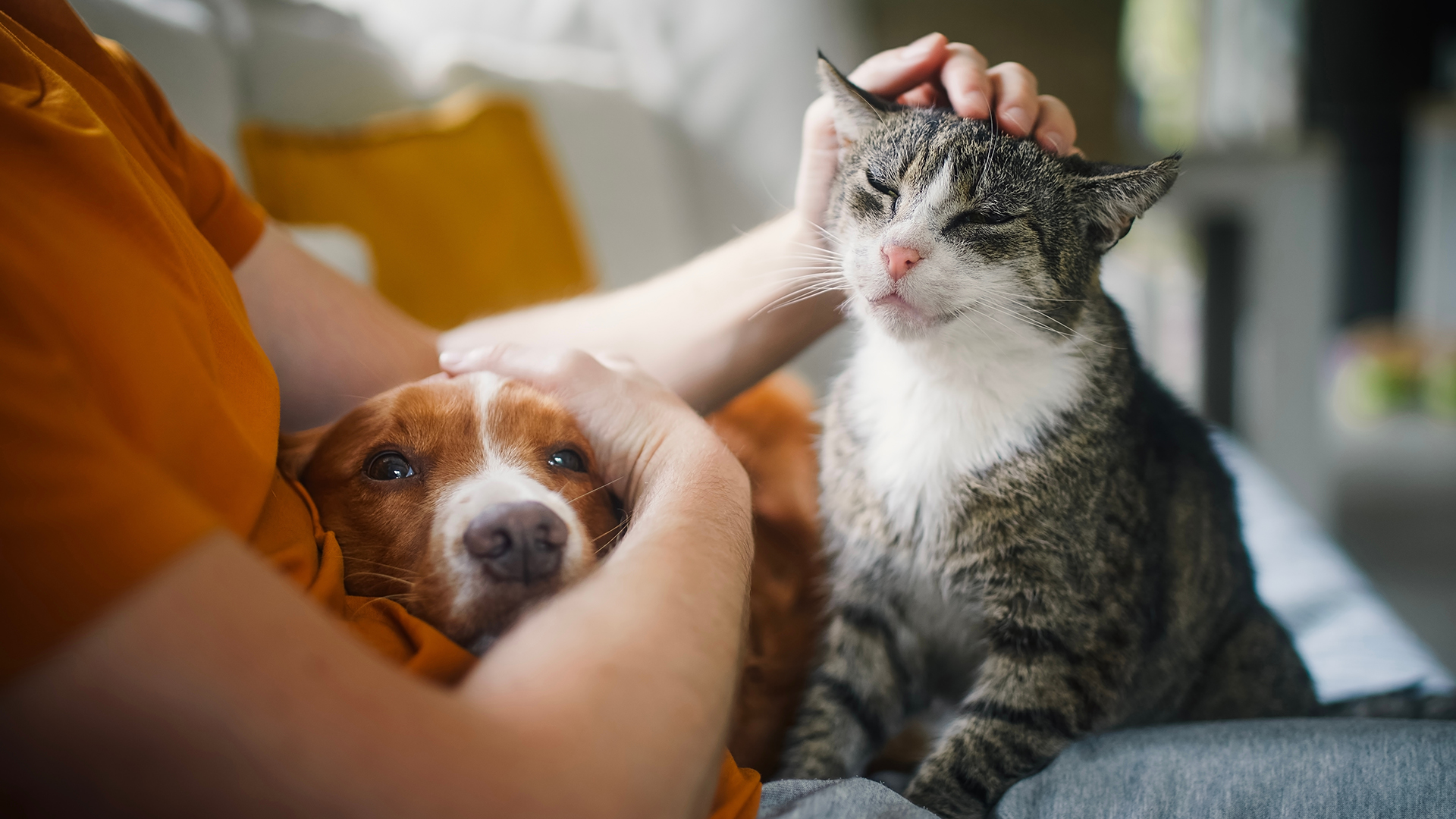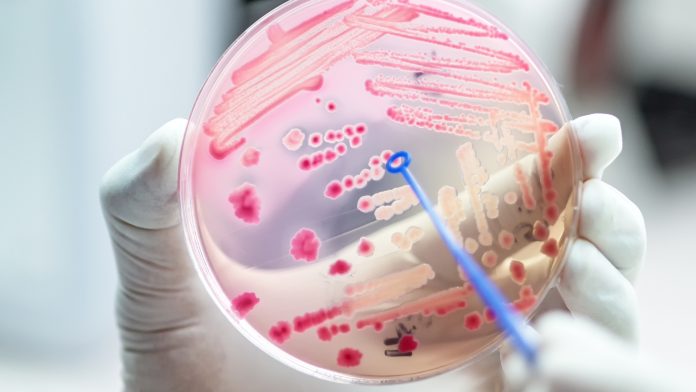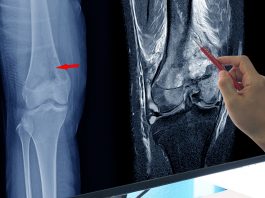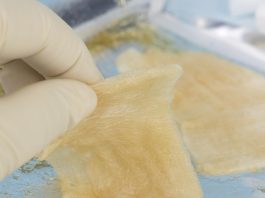New research suggests that antibiotic-resistant bacteria is being passed from pets to owners, highlighting the urgent need to tackle antimicrobial resistance.
A study performed in the UK and Portugal identified that antibiotic-resistant bacteria is being transmitted between sick cats and dogs and their owners. The findings illuminate how pets can harbour harmful bacteria that are increasing resistance to an array of essential medicines.
Juliana Menezes, lead researcher of the study from the University of Lisbon, explained: “Recent research indicates that the transmission of antimicrobial resistance (AMR) bacteria between humans and animals, including pets, is crucial in maintaining resistance levels, challenging the traditional belief that humans are the main carriers of AMR bacteria in the community.
“Understanding and addressing the transmission of AMR bacteria from pets to humans is essential for effectively combating antimicrobial resistance in both human and animal populations.”
The global burden of AMR
The escalation of drug-resistant bacteria poses a significant global concern. Annually, over 1.2 million individuals succumb to drug-resistant infections worldwide.
Without intervention, projections suggest this toll could surge to ten million by 2050. Consequently, the World Health Organization (WHO) categorises antibiotic resistance as a paramount public health danger.
Analysing antibiotic-resistant bacteria transmission
In the study, the researchers delved into the transmission of antibiotic-resistant bacteria between pets and their owners.
They examined samples from dogs, cats, and humans, aiming to identify Enterobacterales, a bacterial family that includes common strains like E. coli and Klebsiella pneumoniae, which are resistant to crucial antibiotics.
The team targeted bacteria resistant to third-generation cephalosporins and carbapenems, essential antibiotics for treating severe infections.
These antibiotics are vital in combating conditions such as meningitis, pneumonia, and sepsis and are classified as critically important by the WHO.

Their longitudinal study spanned Portugal and the UK, involving 43 households in Portugal and 22 in the UK.
They examined samples from 78 humans, 38 dogs, and five cats in Portugal, as well as 56 humans and 22 dogs in the UK.
All human participants were healthy, while the pets exhibited either skin and soft tissue infections (SSTI) or urinary tract infections (UTI).
Findings in Portugal
In Portugal, one dog (2.3%) harboured a multidrug-resistant Escherichia coli strain producing OXA-181, conferring resistance to carbapenems.
Additionally, 24 out of 43 pets (55.8%) and 28 out of 78 owners (35.9%) carried ESBL/Amp-C-producing Enterobacterales, resistant to third-generation cephalosporins.
Notably, in one of the five households, the same strains were found in both pets and owners, indicating transmission between them.
Findings in the UK
In the UK, one dog (14.3%) carried multidrug-resistant E. coli strains producing NDM-5 beta-lactamase, resistant to various antibiotics.
Moreover, eight out of 22 pets (36.4%) and three out of 24 owners (12.5%) harboured ESBL/AmpC-producing Enterobacterales. Similarly, in two households, matching strains were found in both pets and owners.
While the direction of transmission wasn’t definitively proven, the timing of positive tests in three Portuguese households strongly suggested transmission from pets to humans.
All pets in the study were successfully treated for their infections, while owners remained infection-free.
Recommendations for combatting AMR
Menezes emphasises the importance of including pet-owning households in antibiotic resistance monitoring programmes.
Understanding antibiotic-resistant bacteria in pets can inform targeted interventions to protect both animal and human health.
To prevent transmission, good hygiene practices are recommended, such as handwashing after petting animals or handling waste. When pets are unwell, isolating them and thorough cleaning can mitigate bacterial spread.
This study underscores the need for vigilance and proactive measures to address the growing concern of antibiotic-resistant bacteria transmission between pets and humans.









